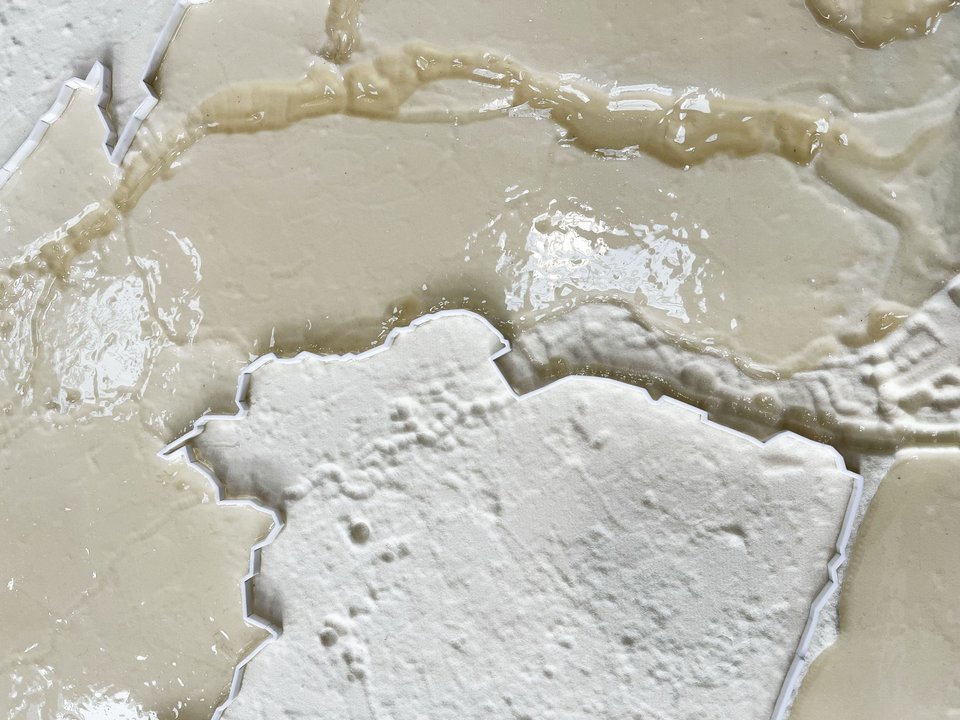The Contribution of Sponge Cities to Resilient Delta Cities: Exploring Perceptions and Preferences of the Elderly
- Starting Project -
Led by Maryam Naghibi, and Claudiu Forgaci, with contributions from student assistants, this project embarks on a journey towards enhancing urban resilience in delta cities. From September 2023 to June 2024, it aims to weave the concept of sponge cities into urban design, focusing on the well-being of the elderly. This approach also resonates with the needs of children, mothers with kids, and people with special needs, emphasizing open spaces and healthy city designs.
Impact and Future Prospects
Social Impact
This project marks a shift towards age-friendly urban environments, enhancing the livability and social inclusion of Rotterdam's elderly. Rooted in action research, it actively involves the elderly in the research process, with findings expected to influence urban planning and design policies.
Scientific Impact
The project contributes significantly to urban resilience research, introducing a social perspective to sponge city studies. It leverages VR technology for engaging the elderly, enriched by collaboration with TU Delft's VR Lab and other interdisciplinary partners.
Future Prospects
The findings have the potential to guide urban planning and policy beyond Rotterdam, serving as a model for cities with similar demographic and environmental challenges. The team aims to collaborate with local authorities and stakeholders for long-term implementation and scalability of the strategies, fostering sustainable, resilient, and inclusive urban environments.
Background and Motivation
Delta cities are facing pressing environmental challenges due to rapid urbanization and climate change. In response, TU Delft's Climate Action Program and the Redesigning Deltas initiative drive this project's vision to create adaptive, resilient urban landscapes. By adopting the 'sponge city' concept, the project aims to mitigate flooding risks and enhance overall urban resilience, especially in the Dutch context.
Societal and Academic Relevance
The project adopts an inter- and trans-disciplinary approach, in line with the Dutch Environmental Act, to actively involve residents in the design process. It is particularly relevant in Rotterdam, where the aging population is growing. Academically, it bridges a gap in sponge city research by integrating its technical-environmental aspects with the social dimension, focusing on the elderly.
Methodology and Steps
Employing a mixed-methods approach, the project unfolds in three steps:
- Development of RDS Design Strategies: It is essential to establish an analytical framework. This framework will encompass a selection of essential layers, including the utilization of public spaces, the integration of natural elements, and the adaptation to the urban landscape context.
- VR Experimentation: Engaging the elderly in evaluating different design scenarios and gathering interdisciplinary expert opinions.
- Evaluating Social Implications: Focusing on the elderly's perspective to ensure outcomes reflect real-world needs and experiences.


![[Translate to English:] [Translate to English:]](https://filelist.tudelft.nl/_processed_/3/8/csm_sustainable%20housing%202_e966b67fb5.jpg)

![[Translate to English:] [Translate to English:]](https://filelist.tudelft.nl/_processed_/b/b/csm_De_kunst_van_het_luisteren_thumbnail_b8310e2212.jpg)
